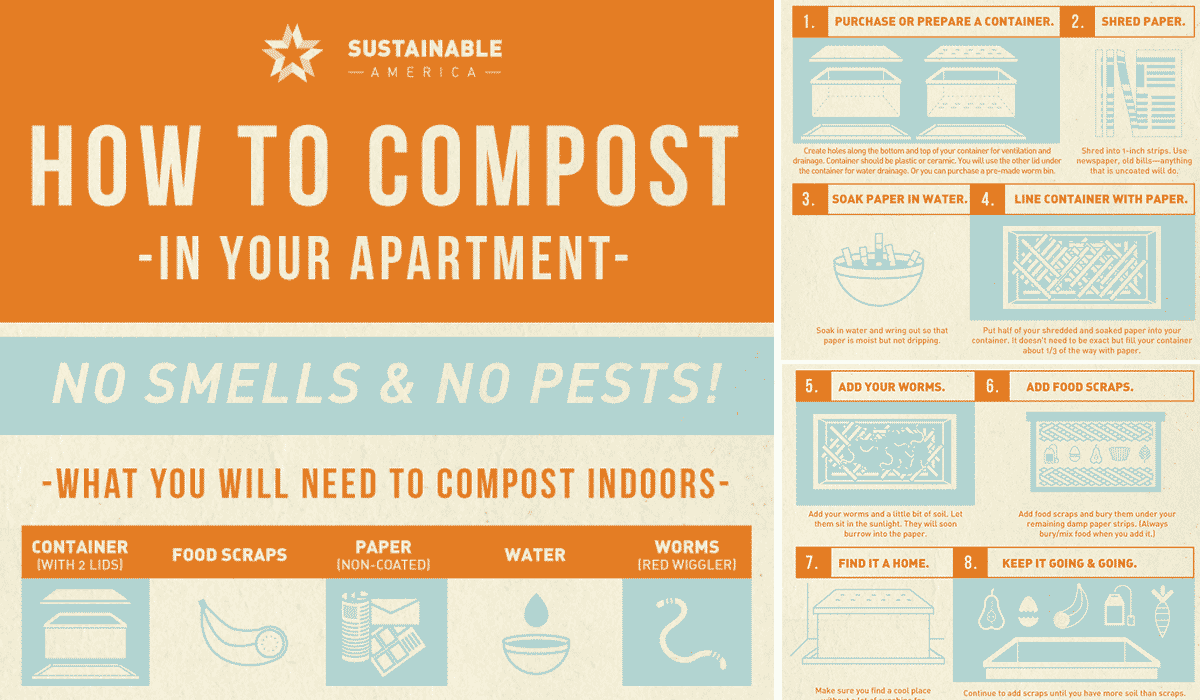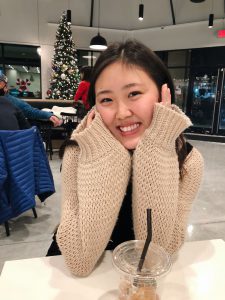- Describe the topic that you worked on.
I went to ECV to go inform the RAs on a new composting project run by Christi Tweedy. We researched and presented everything students should know about composting.
- Include a description of what did you do for the project. Please specifically include the research you did for the project and discuss how the research you did may be similar to research you will do in the future.
I, along with a classmate, researched what NOT to include in compost while the rest of the class covered all other aspects of composting. I also helped to present at ECV to the RAs to further inform their residents about the composting happening in ECV and on campus. This may help for research in the future because it gave me a solid foundation about composting that I didn’t possess before. Should our biology class become even more involved in this project, my background would greatly help.
- List your main points and write out what you now know about each of the points. How did you gain information about your topic? What did you learn about your topic through this project? Did presenting on the topic cause you to get to know the subject matter better?
We learned a lot about composting from our bio class teaming up with Christi Tweedy. I learned so much about composting through this project since I knew basically little to nothing about composting prior to research in class. Presenting didn’t help since I was already well informed before then.
- Three (3) characteristics of effective informative delivery have been identified: intellectually stimulating, relevant to the audience, and creative. How did you incorporate these three (3) characteristics in your presentation?
I honestly don’t think it was all that creative or interesting to the audience because it’s not a very attention-grabbing concern. However, I do think it stimulated the RAs because a lot of them proceeded to ask questions about the composting. It’s relevant to the audience because they could all do something easily accessible to them to create compost. We incorporated these three characteristics in our presentation by using a powerpoint and handing out flyers as well as showing them what the compost thing looks like.
- Identify 2 discoveries you made. What did you learn about yourself? Did you employ a new creative skill, do you see yourself as more confident? Did you become aware of assumptions you held—perhaps about the audience? Did you learn something new about delivering a presentation using technology?
I discovered that composting is very simple and I also learned that composting can be done in small homes such as apartments. Outside space isn’t necessary to compost. I assumed that the audience would be disinterested but they were very intrigued by what we had to present. We had technological issues because we didn’t have a projector so we used Josh’s tablet which ended up being fine. I learned it’s important to have a backup in case something goes wrong.
- How did you analyze your audience? How did your analysis affect your planning for your presentation? How can you apply what you learned about adapting to the audience in your future communication efforts?
I wasn’t excited to present because I thought the audience wouldn’t care at all. I learned I should ease up a bit since you never know what to expect from an audience.
- In less than three lines of text describe what you would do differently. For example, would you prepare introductory remarks differently?
If I could do something differently, it’d be to make sure the RAs didn’t have to move around and make sure the room was available for us to use before announcing the meeting location.
- How did the experience better help you understand what you are learning in the course? Please address audience analysis, content development, organizing your speech, delivery, and incorporating feedback.
It introduced me to the importance of composting for the very first time. In addition, I learned how prepared and organized I have to be to present a topic to an audience. You must be well informed and prepared to deal with unexpected obstacles. You also have to learn to take criticism very constructively.
- Please describe how you can use what you learned from this experience in your future.
Composting is a subject very advantageous to know about. It’s something that can improve your daily routine and is also something you could easily teach someone about.
- Did you come across the way you wanted to? What elements would you want to work on in the future?
We could’ve presented the information in a more organized manner and with a bigger screen, but luckily we had informational flyers for the RAs to better understand the topic of conversation.
- This assignment has the elements of students addressing a real-world issue (water quality), receiving feedback from the community partner, and delivering a presentation using technology. Was this assignment effective for you? Why or why not? Was the feedback you received helpful?
I think it was helpful but not as effective as it could’ve been due to our technological complications. It was helpful to receive feedback from the RAs to better our project. I learned a lot of useful information from researching and presenting about composting.


